ASHEVILLE, NC
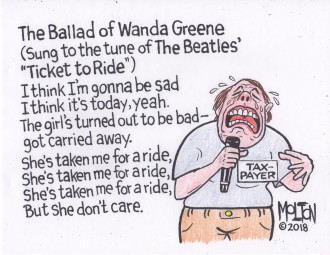

ASHEVILLE, NC
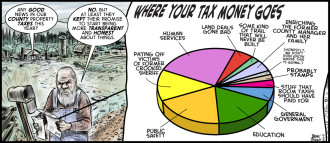
ASHEVILLE, NC
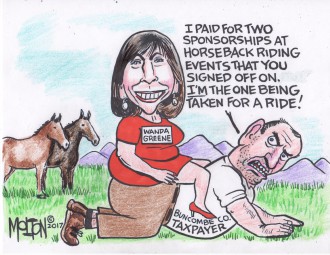
ASHEVILLE

Asheville
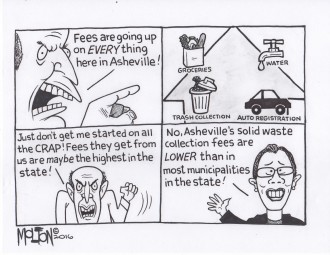
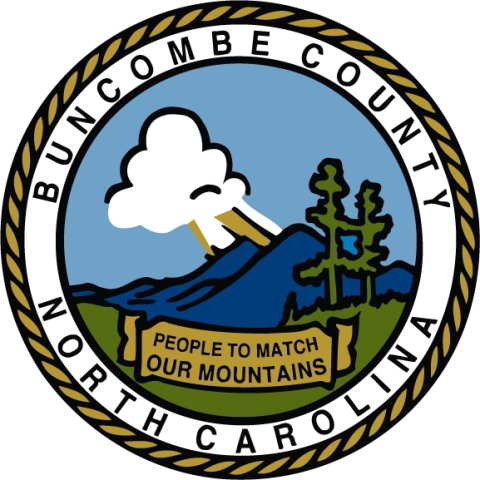
With a mostly empty agenda, the Buncombe County Board of Commissioners should be in for a short meeting on the evening of Tuesday, March 1.
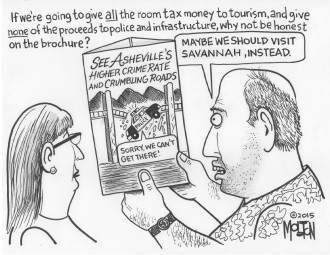
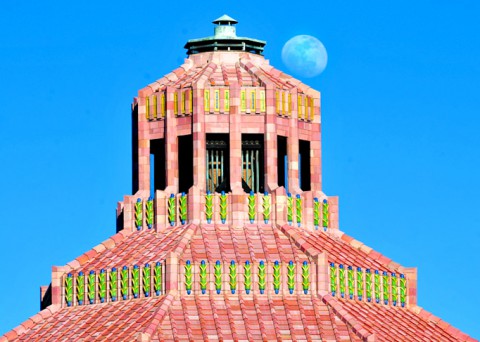
State laws could put the bite on Asheville’s budget. Tax changes were discussed during a scheduled item about the fiscal year 2015-2016 city fees and charges at the April 14 City Council meeting.
Asheville City Council unanimously approved a $147 million budget June 24, holding the property tax rate steady and committing to major new pedestrian infrastructure projects such as sidewalks and greenways.
Last year, relations between the North Carolina General Assembly and the city of Asheville were marked by hostility, public wars of words and even a lawsuit. At a special meeting yesterday, March 18, however, multiple Asheville City Council members expressed a desire to improve things this year, even though looming legislation could cost the city further revenue. They also signed off on efforts to better coordinate the city’s own lobbying efforts in Raleigh.
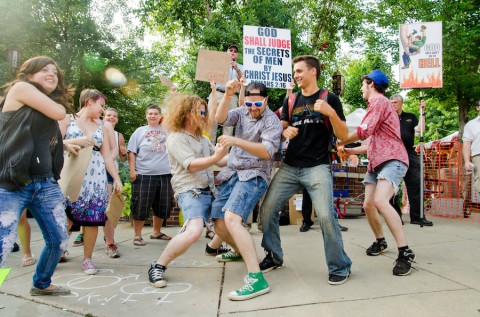
Asheville City Council’s 2013 was marked by financial turmoil, the first major tax hike in more than a decade, the demise of a long-standing festival, and major fights with the Legislature in Raleigh.
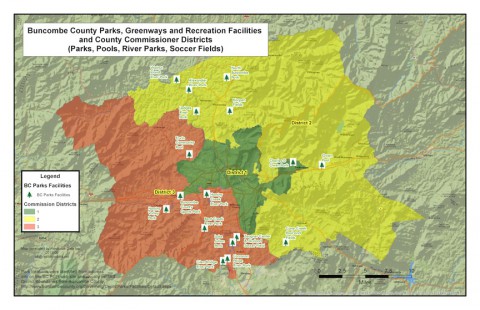
Following contentious Oct. 1 deliberations over who will head a powerful new government entity that will manage Buncombe County’s libraries, parks and recreation facilities, Commissioner Holly Jones expressed “deep concerns about the absence of a District 1 taxpayer voice at the table.”
Local shoppers can save money on a variety of items soon, as Aug. 2-4 marks North Carolina’s final tax-free weekend.
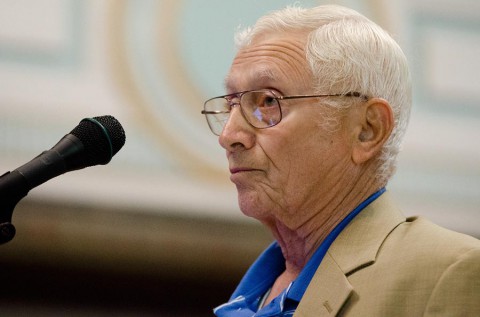
After a fairly uneventful meeting July 23, Asheville City Council had a brief ruckus at the end, as former Mayor Ken Michalove (pictured) accused the vice mayor, the city manager and a Council member of unethical behavior in granting $2 million to the Asheville Art Museum for renovations. (Photo by Max Cooper)
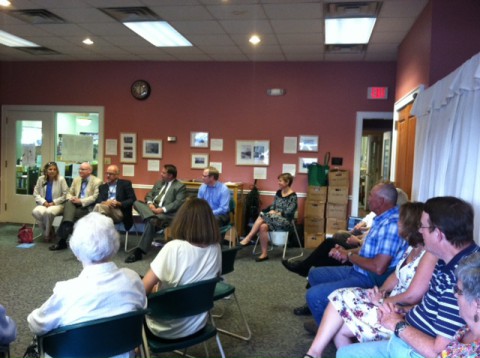
Three recent community meetings gave Buncombe County residents a chance to raise concerns with the Board of Commissioners.
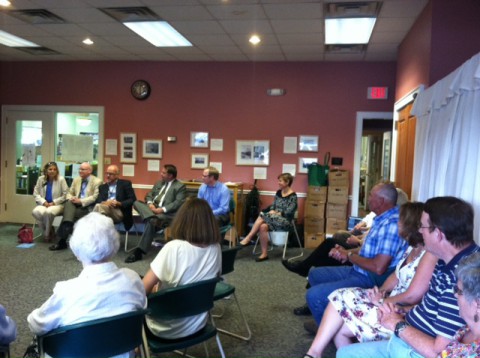
Residents raised a wide variety of issues and concerns with Buncombe County commissioners during a July 9 community meeting in Enka.
Buncombe Commissioners unanimously passed an interim budget June 28 as they wait for the state to decide on a whether to allow the county to create an independent Cultural and Recreation Authority.
After hearing from dozens of residents who spoke out on the matter June 25, Buncombe County commissioners denied a request to expand where motor sports facilities can be built.
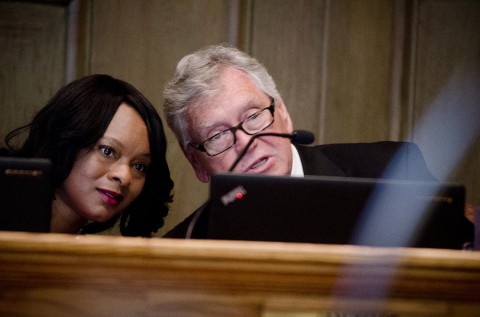
After a season of uncertainty, Asheville City Council unanimously passed a budget tonight that includes the city’s first major property tax increase in more than a decade. Most of the increase will go to fund improved road maintenance and a wish list of projects intended to spur economic development. Photo by Max Cooper
At the end of a rollercoaster budget season marked by dire predictions, unpredictability at the state level, and Asheville City Council members trying to find the cash for their own plans, there’s finally a vote on the budget this evening. For the first time since 1995, city residents could see a major tax increase, intended to pay for an “aspirational” list of major projects.

After months of debate, commissioners are set to finalize the Buncombe County budget when they meet Tuesday, June 25.